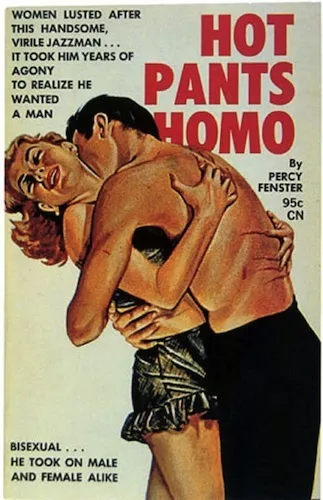Film Reviews
Wednesday, November 4, 2015
Film / Film Reviews Ranking the James Bond flicks
Posted By Matt Brunson on Wed, Nov 4, 2015 at 4:28 PM
With SPECTRE hitting theaters this Friday, the time seems right to bring back a pair of Creative Loafing articles centered on Bond, James Bond.
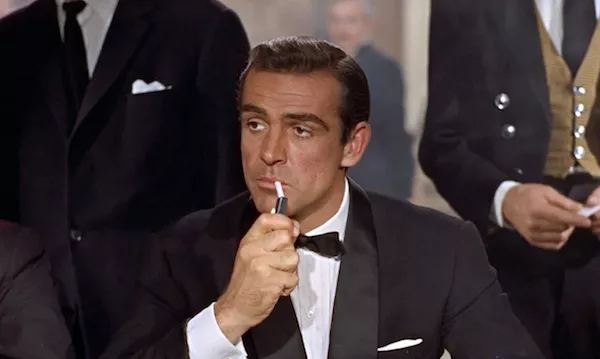
To see all 25 previous Bond flicks ranked from worst to best, check out Taking Stock of Bond here.
For ample lists about everything Bond-related, including Best Theme Songs, Best Villains, Best Character Names and more, go to The Double-Oh Dossier here.
And come back to the site this Friday for a review of SPECTRE.
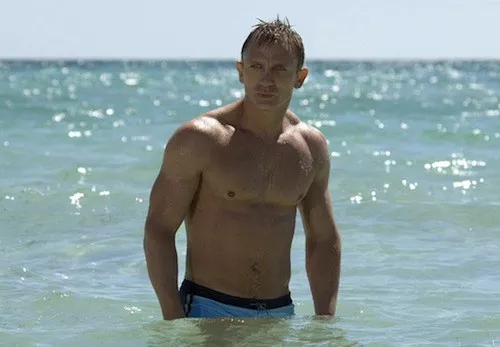
Friday, June 12, 2015
Film / Film Reviews The Jurassic Park Pack
Posted By Matt Brunson on Fri, Jun 12, 2015 at 10:51 AM
(Ratings are on a four-star scale.)
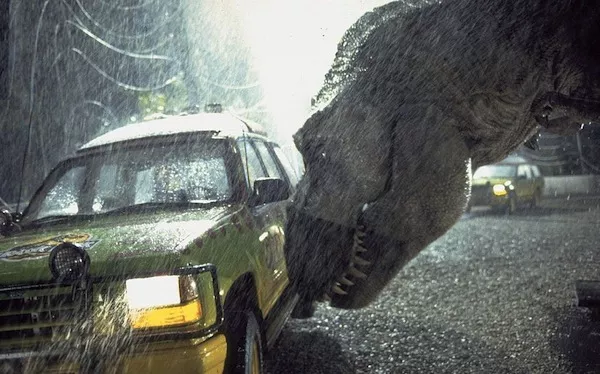
- (Photos: Universal)
Jurassic Park - 1993 was an exceptional year for Steven Spielberg, scoring critical and commercial kudos with both his summer blockbuster Jurassic Park and his year-end awards contender Schindler's List. The hype surrounding the dinosaur film was deafening, and yet the movie largely managed to meet expectations. Based on Michael Crichton's bestseller, it centers on the efforts of various characters — including scientists charismatically played by Sam Neill, Laura Dern and Jeff Goldblum — to escape from a theme-park island that's crawling with genetically recreated dinosaurs. Spielberg treats us much as he does his characters, leading us into a strange land and then expecting us to make it out with all our faculties intact; it's a tall order, given the heart-stopping, blood-curdling, limbs-numbing excitement packed into the second hour. The effects work is astonishing — then again, when the team members' past credits had included the likes of Aliens, Terminator 2: Judgment Day and the original Star Wars trilogy, that was to be expected. While Schindler's List was sweeping most of the major Oscars, Jurassic Park went 3-for-3 in its technical bids, winning for Best Visual Effects, Best Sound and Best Sound Effects Editing. Even more impressive was its phenomenal box office: At close to a billion dollars internationally, it still ranks among the all-time Top 20 grossers. ***1/2
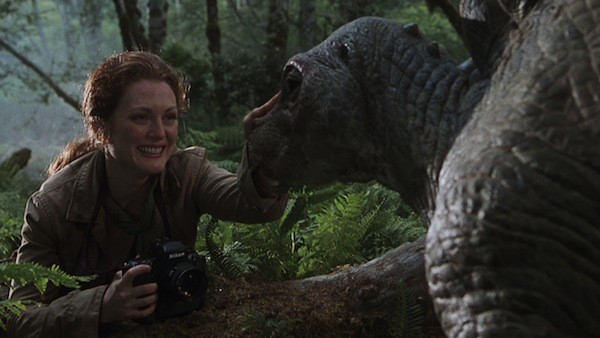
The Lost World: Jurassic Park - You didn't have to be a rocket scientist — or even a paleontologist — to know that Jurassic Park's 1997 sequel would similarly rake in tons of dough, regardless of the quality of the picture. That was doubtless a relief to studio suits, considering that this is arguably Spielberg's most impersonal movie to date, failing to retain its predecessor's sense of mystery and majesty. It's entertainment on autopilot, with the dinosaur basically reinvented as a slasher-flick stalker. Goldblum returns from the first film, but his character has been transformed from an eccentric sidekick into a listless action hero; new co-stars Julianne Moore and Vince Vaughn fare even worse. The effects are about as impressive as those in the original Jurassic Park; unfortunately, it's the movie surrounding them that remains hopelessly mechanical. **
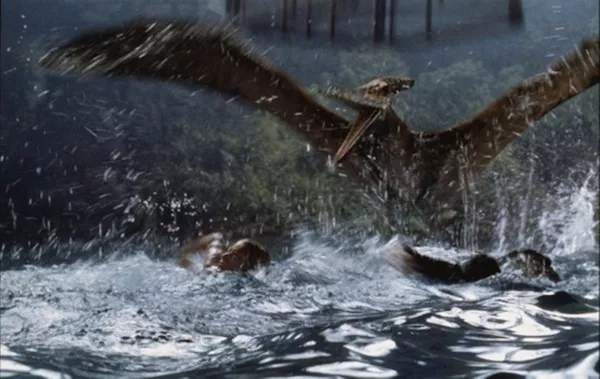
Jurassic Park III - Spielberg served only as executive producer on this 2001 effort, handing directing duties over to Joe Johnston (Captain America: The First Avenger). Screenplay duties were assigned to Alexander Payne and Jim Taylor, the team that would later win Oscars for penning Sideways, and William H. Macy joined a cast that included Neill and Dern, both returning from the first picture. Yet despite all this talent to burn, JPIII still turned out to be even worse than the second installment. There's one exciting sequence involving Pteranodons, but the rest is clumsy, uninvolving and often laughable — the scene in which Neill's character learns to speak "Velociraptor" and orders these vicious creatures to go away is particularly risible. In short, this is Hollywood's version of a red-light district, with lots of talented people selling themselves for quick cash. *1/2
Thursday, May 21, 2015
Film / Film Reviews Opening Friday
Posted By Matt Brunson on Thu, May 21, 2015 at 9:16 PM
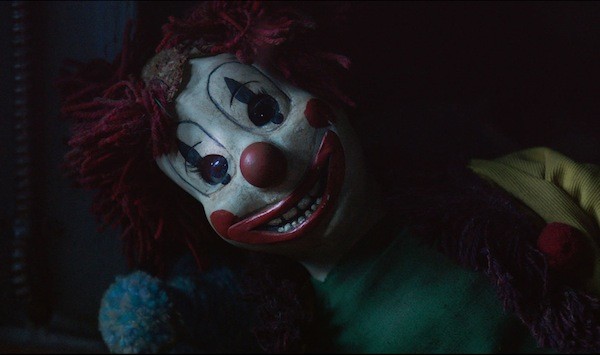
- Fox & MGM
- Poltergeist
Good Kill - Ethan Hawke, Bruce Greenwood
In the Name of My Daughter - Catherine Deneuve, Guillaume Canet
Poltergeist - Sam Rockwell, Rosemarie DeWitt
Tomorrowland - George Clooney, Britt Robertson
Thursday, May 14, 2015
Film / Film Reviews Opening Friday
Posted By Matt Brunson on Thu, May 14, 2015 at 8:55 PM
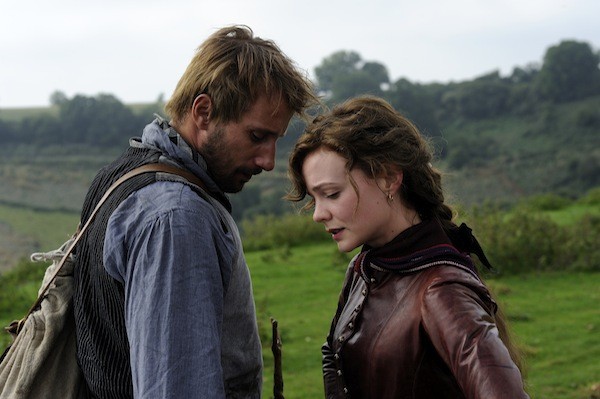
- Fox Searchlight
- Far from the Madding Crowd
Far from the Madding Crowd - Carey Mulligan, Michael Sheen
Mad Max: Fury Road - Tom Hardy, Charlize Theron
Pitch Perfect 2 - Anna Kendrick, Rebel Wilson
Thursday, April 30, 2015
Film / Film Reviews Opening Friday
Posted By Matt Brunson on Thu, Apr 30, 2015 at 9:22 PM
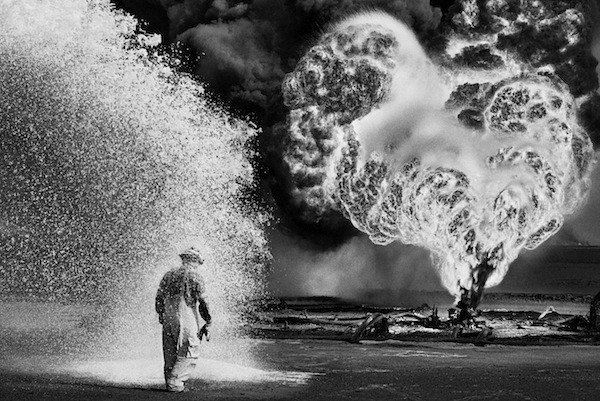
- Sony Pictures Classics
- The Salt of the Earth
Avengers: Age of Ultron - Robert Downey Jr., Mark Ruffalo
The Salt of the Earth - Academy Award nominee: Best Documentary Feature
Monday, April 27, 2015
Film / Film Reviews RiverRun Wrap 2015: Reviews and Winners
Posted By Matt Brunson on Mon, Apr 27, 2015 at 2:36 PM
With the 17th Annual RiverRun International Film Festival a done deal, we look back at the films reviewed for this publication (listed below in order of screening), as well as acknowledge all the movies that won awards. Click on the links to be taken directly to the reviews and list of winners.
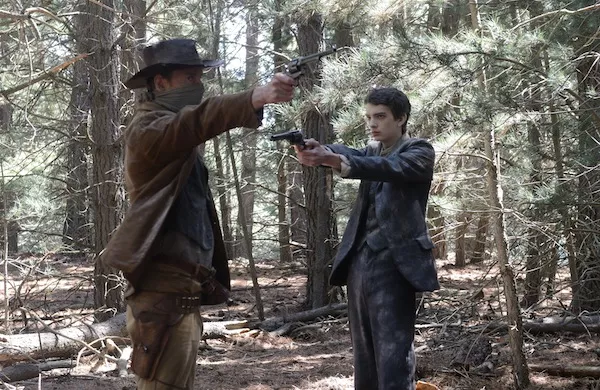
- A24
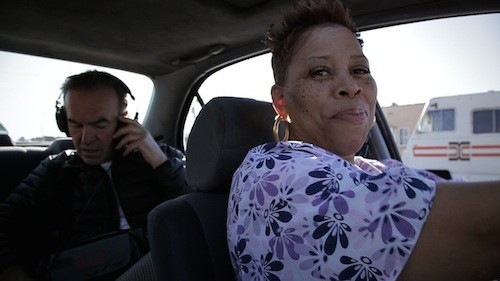
- HBO Documentary Films

- RabbitBandini Productions
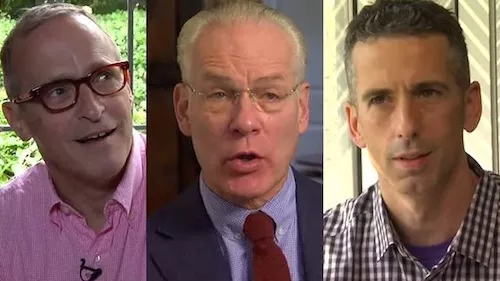
- Sundance Selects
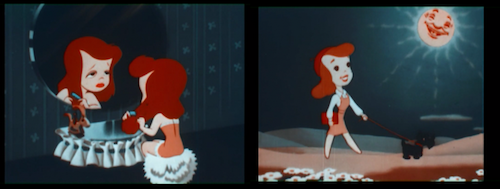
- Walt Disney & Kotex
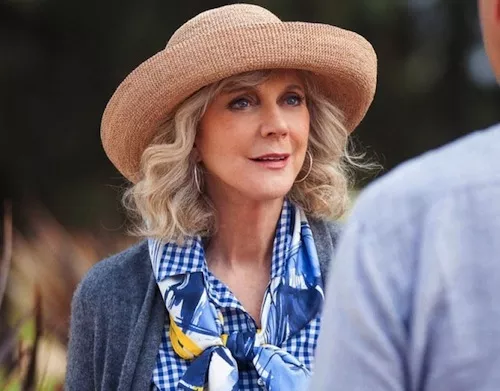
- Bleeker Street Media
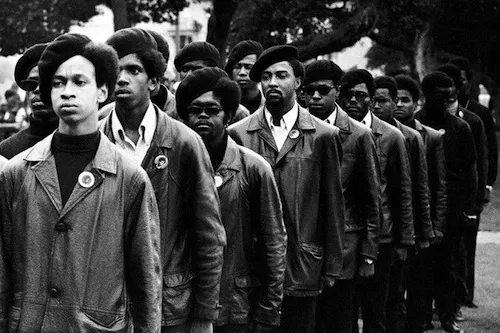
- Firelight Films
- The Black Panthers: Vanguard of the Revolution
For the complete list of festival winners, click here.
Sunday, April 26, 2015
Film / Film Reviews RiverRun Wrap 2015: Part 3
Posted By Matt Brunson on Sun, Apr 26, 2015 at 11:00 AM
The 17th annual RiverRun International Film Festival ends today, but before it draws to a close, I caught two final films on Saturday before prepping to make the trip back to Charlotte. Yesterday began, however, with a hot beverage and conversation.
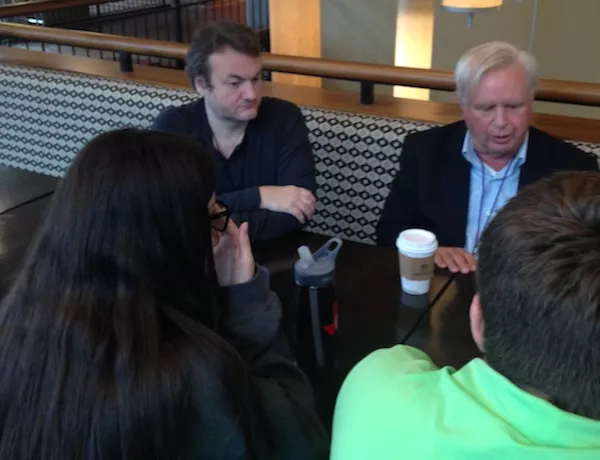
To be more specific, Duane Byrge, senior film critic for The Hollywood Reporter, and I led a Coffee Talk for a handful of students at Wake Forest University. As we discussed film criticism, viable career paths and filmmakers such as Ingmar Bergman and Woody Allen, I appreciated how invigorating it was to talk to kids whose knowledge of cinema extends far beyond Adam Sandler comedies and Transformers sequels. It was a nice reminder that people of all ages still appreciate movies as an art form unto itself and not just a way to pass a Saturday night.
SEX(ED): THE MOVIE — “What if I want to have sex before I’m married?” asks the young high school boy. Replies the teacher, “Then you better be prepared to die!” And thus goes the helpful advice seen in one of the vintage clips shown in Sex(Ed): The Movie, a humorous if truncated look at the manner in which sex education has been taught in the United States over the past century. As she revealed in a post-screening Q&A session, writer-director-producer Brenda Goodman spent eight years on this project, culling snippets from hundreds of sex-ed films from 1916 through the present day and landing interviews with various talking heads ready to discuss the taboo topic at hand. What emerges is hardly revelatory — this is a puritanical nation that has always had trouble engaging in worthy conversations when it comes to the birds and bees — but thanks to well-selected clips and some insights from the engaging participants, the film is well worth the time. Goodman employs the clips not only to illustrate the evolution (or lack thereof) of cinematic representations of sexual behavior but also to show how they fit into larger national discussions involving reproductive rights, homosexuality, the women’s movement, birth control and more. The movie could stand being longer — at 77 minutes, there’s simply too much material to adequately cover — but the vintage clips are fascinating to watch, especially the early ones that lay the blame for venereal diseases entirely on women. More than one interviewee also points outs how the sex-ed films aimed at males tended on balance to be more jovial, often with an air of “boys will be boys” insouciance, while the ones geared toward females tended to be more shrill as well as less informative. One would think that the passage of time into more progressive eras would help, but nope: Between President Clinton’s cowardly and hypocritical dismissal of Surgeon General Joycelyn Elders for speaking positively and honestly about masturbation to the money- and time-wasting abstinence programs in high schools, the film illustrates that the U.S. remains as frigid as ever.
Saturday, April 25, 2015
Film / Film Reviews RiverRun Wrap 2015: Part 2
Posted By Matt Brunson on Sat, Apr 25, 2015 at 11:00 AM
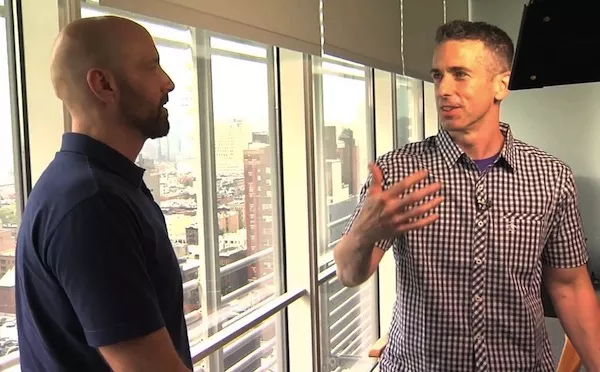
- Sundance Selects
- David Thorpe and Dan Savage in Do I Sound Gay?
DO I SOUND GAY? — David Thorpe is over 40 and under the impression that his voice is one of the reasons he’s having trouble finding true love. Nursing his wounds from a relationship that just ended, Thorpe fears that his elevated, effeminate manner of speaking will prevent him from landing any suitable boyfriends in the future. Hence we have Do I Sound Gay?, Thorpe’s entertaining documentary in which he interviews various people (many famous, some not) about the subject while also seeing vocal coaches to assist him in lowering his own speech. A scattershot feature that nevertheless remains consistently watchable, this succeeds less when it focuses on Thorpe’s attempts to deepen his own voice — despite what he thinks, he does not sound less gay by the end of the film — and more when it offers insights from Thorpe’s family members as well as numerous celebrities. Nationally syndicated columnist Dan Savage (read him here in CL!) speaks briefly about how both misogyny and internalized homophobia play large roles in why homosexuals don’t like other gay men who sound feminine (one of the important discussions sadly underserved by the film), while author David Sedaris admits that he takes it as a compliment whenever someone in person tells him he doesn’t sound gay. Fashion designer and Project Runway co-host Tim Gunn and Star Trek actor and Internet icon George Takei also contribute soundbites, mostly about the importance of owning one’s homosexuality, and there’s a touching look at Zach King, the headstrong Ohio teenager who in 2011 was savagely beaten by a bigoted classmate (the thrashing was caught on video) just because he was different. The film also recalls the great documentary The Celluloid Closet in one segment as it traces the character of the homosexual male through film history, beginning as a know-it-all sissy before being reinvented as a hissing, debonair villain (the Disney animated features are especially fond of the latter interpretation, as repped by Scar in The Lion King, Professor Ratigan in The Great Mouse Detective, and many more). And because Thorpe originally hails from the Carolinas (Columbus, SC, to be exact), there’s also footage of two of the most loathsome figures to ever emerge from these states, degenerate right-wing politicians (and raging homophobes) Jesse Helms and Strom Thurmond. The audience boos and hisses that greeted their appearances proved to be music to the ears.
Friday, April 24, 2015
Film / Film Reviews RiverRun Wrap 2015: Part 1
Posted By Matt Brunson on Fri, Apr 24, 2015 at 11:00 AM
The 17th annual RiverRun International Film Festival is sprinting toward the finish line and, for the fifth year in a row, I'm in Winston-Salem to cover its final few days.
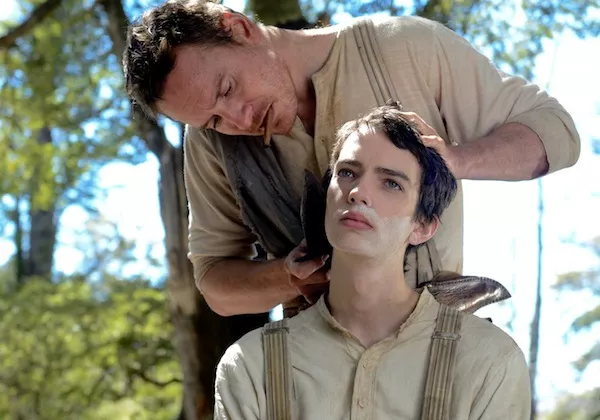
- A24
- Michael Fassbender (standing) and Kodi Smit-McPhee in Slow West
The fest began Thursday, April 16, with a pair of evening screenings and will conclude Sunday, April 26, with an awards ceremony and one final nighttime showing. Already, there have been approximately 120 screenings — mostly new films but also a few classics (e.g. Shaft, The Wild Bunch) — as well as filmmaker panels, cocktail receptions, and a joint Q&A session with Charles Burnett (Killer of Sheep) and Robert Townsend (Hollywood Shuffle). (On a side note, I was told by a staffer that Townsend has shown himself to be quite the movie aficionado, remaining for the length of the festival and catching as many screenings as humanly possible.) Still to come is a Q&A session with Emmy Award-winning writer-director-producer Stanley Nelson (Freedom Riders), a chat with Heidi Ewing and Rachel Grady (co-directors and producers of the Oscar-nominated documentary Jesus Camp), and over 50 more screenings.
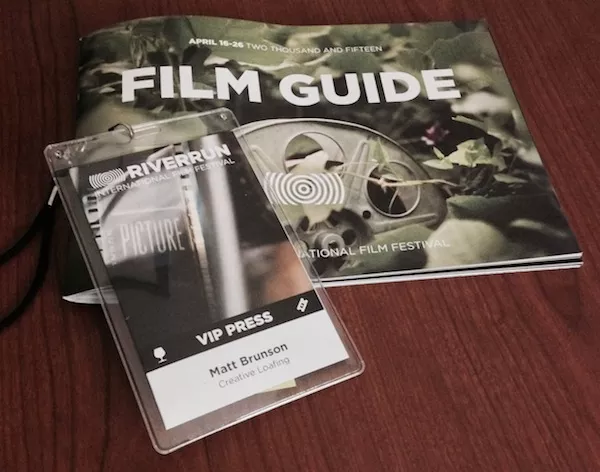
And now, on with the reviewed shows.
Monday, February 16, 2015
Film / Film Reviews Ranking The Major Oscar Contenders
Posted By Matt Brunson on Mon, Feb 16, 2015 at 2:21 PM

The 87th Annual Academy Awards ceremony is less than a week away — next Sunday, to be exact — so here's your last chance to catch the top contenders, either in the theater or at home. Below, listed in preferential order, are the 17 films nominated in at least one of the eight major categories (Picture, Director, acting, writing). Click on the title to access the review.
Birdman, or (The Unexpected Virtue of Ignorance) - ****
Boyhood - ****
The Grand Budapest Hotel - ***1/2
The Imitation Game - ***1/2
Selma - ***1/2
Wild - ***1/2
Two Days, One Night - ***1/2
Foxcatcher - ***1/2
Gone Girl - ***
The Theory of Everything - ***
Still Alice - ***
Inherent Vice - ***
Nightcrawler - ***
Whiplash - ***
Into the Woods - **1/2
American Sniper - **1/2
The Judge - **



